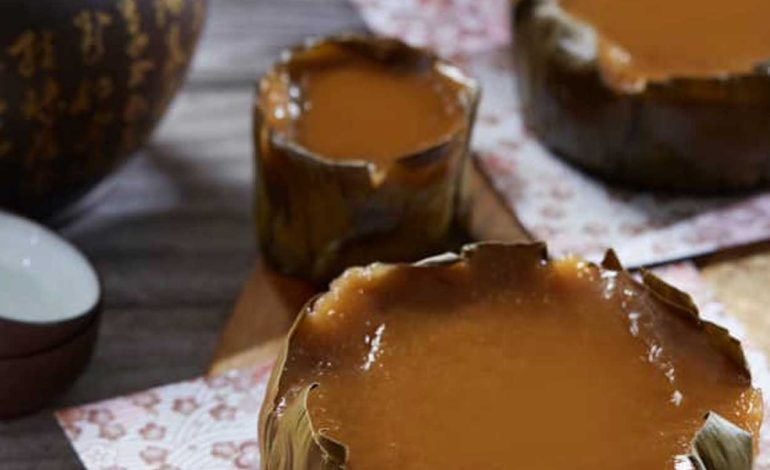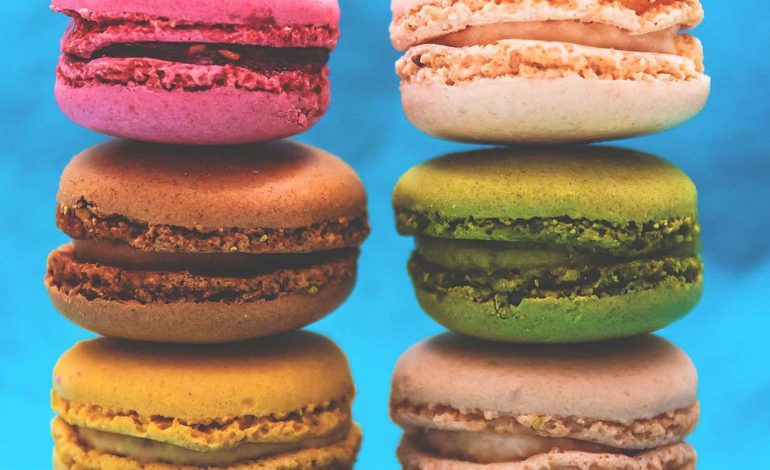Forgive me, Holy Father. Because of chocolate, I have sinned in thought, and especially in deed, and committed a sin of commission to boot. It is not my fault; it is not my own fault, but the most grievous fault of Suchard, Kohler, Leonidas, Hershey & Cadbury, and Godiva, who, from their devilish towers, hound us ceaselessly.

Forgive me, Father, for I sometimes have a ‘chocolate hangover’. Like wine, there are some grand crus amongst these beans, selected and roasted to perfection by masters of their art who have never deceived me. I count on them so much, and they would not dare deprive me of my pleasure.
May I remind you, Father, that the erudite Linn called cocoa Theobroma Cacao, the food of the
Gods? That may be exaggerating a little, but I imagine that he was rather fond of chocolate.
“Work Thinks, Sloth Dreams”
Instead of a penance, how about awarding me a ‘chocolate medal’ as I am going to admit to seven heavenly cardinal sins?
Take sloth, for example, whose virtues are universally acknowledged. You just have to choose your own variant.
“Work thinks, sloth dreams,” said Jules Renard. Oh, those happy memories of childhood—of Grandmother’s hot chocolate and of Auntie Arthemise, who would give me a bar of my favourite chocolate!
“Certain wise men have claimed that wrath is temporary madness,” wrote Seneca. A newly-wed couple, related to cousins of mine, no doubt wanting to surprise their families, moved from the state of lovebirds to fulminating dragons when their famous chocolate charlotte dessert refused to leave its mould. We were some way from the kitchen, but we could still hear their cries. Suddenly, the bowl smashed into pieces. We rapidly withdrew to a safer distance, as it was obvious that the object of so much lust was going into the dustbin, accompanied by something far removed from the lovey-dovey language that lovebirds normally espouse.
De Sade said, “I know of nothing that tickles my stomach and head more exquisitely than the savours of those tasty delicacies that waft through the brain, preparing it for the sensations of lechery.” The Marquis de Sade had been at the chocolate, as perhaps he had arranged beforehand. At the time, Madame du Barry, Louis XV’s somewhat impetuous favourite, used to pep up her overworked lovers with cups of chocolate—whipped furiously, needless to say!
Has not the child that we were, the adult that we now are, often committed the sin of pride?
Like the character in Roald Dahl’s novel, Charlie and the Chocolate Factory “Look!” cried Mr. Wonka, bouncing up and down. With his gold-knobbed cane, he drew a great brown river. “It is chocolate. Every drop of this river is molten chocolate, the very best. Chocolate, nothing but chocolate, enough to fill every bath in the country!”
“Envy is a fury that cannot endure the happiness of others,” declared La Rochefoucauld. There is no need to give examples or tell tales. You and I, we remember, do not we, that ostrich-sized chocolate Easter egg that your younger brother unwrapped compared with your tiny quail-sized affair?
When gluttony turns to avarice, Molière is never far away. Remember Harpagon, who filled his little chest with chocolate coins but not the plates of his guests? “Maître Jacques, how many will be dining tonight?” Harpagon: “There will be eight or ten of us. But we only need eight. When there is enough to eat for eight, there is always enough for ten.”
Then there is Saint Augustine: “Lord, who has eaten without surpassing the strictly necessary?”
This Latin priest was no doubt thinking of the sin of gluttony. But, father, if the greedy man digs his own grave with his teeth, what can a libertine do? Anyway, when greed is shared, doesn’t it greatly benefit marital happiness?
What is more, you could absolve me of all my sins with the blessing of Brillat-Savarin, who said, “Let any man who finds time dragging and the atmosphere humid administer to himself a good pint of chocolate.” Especially if it has the additional exquisite pleasure of liqueur and the scent of vanilla!
I think, Father, that at their next Council, the Cardinals should seriously consider not abolishing the sin of gluttony—that would be too much—but giving a dispensation to their flocks from having to repent when they enjoy what is, after all, the food of the Gods.


